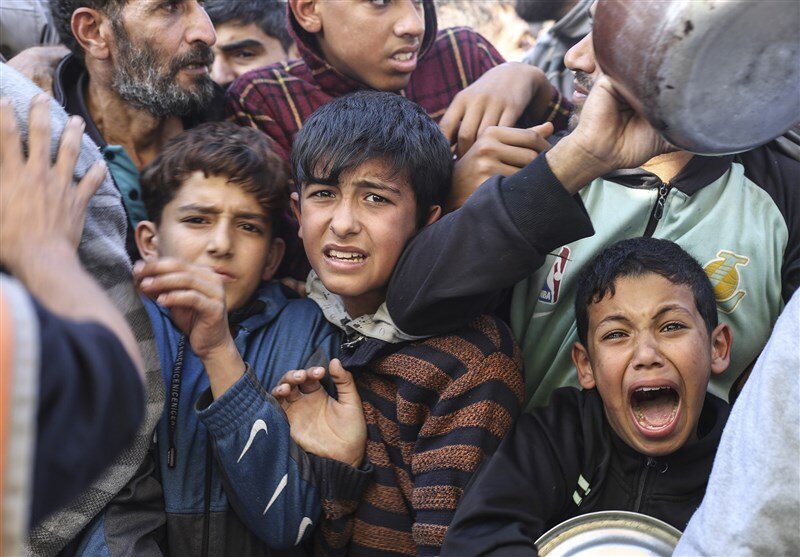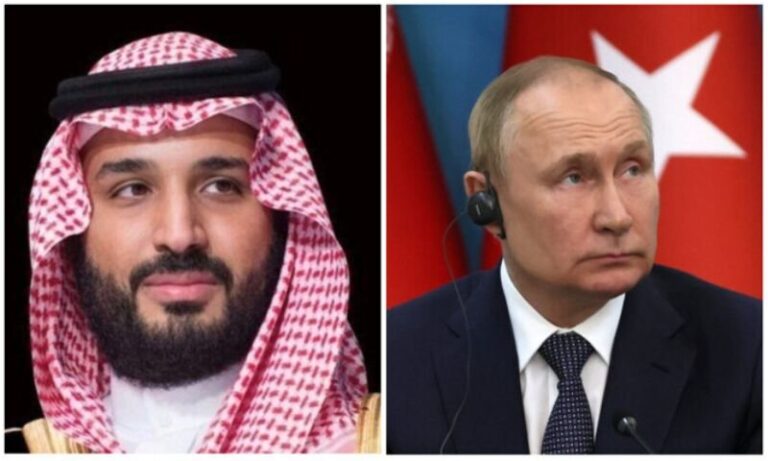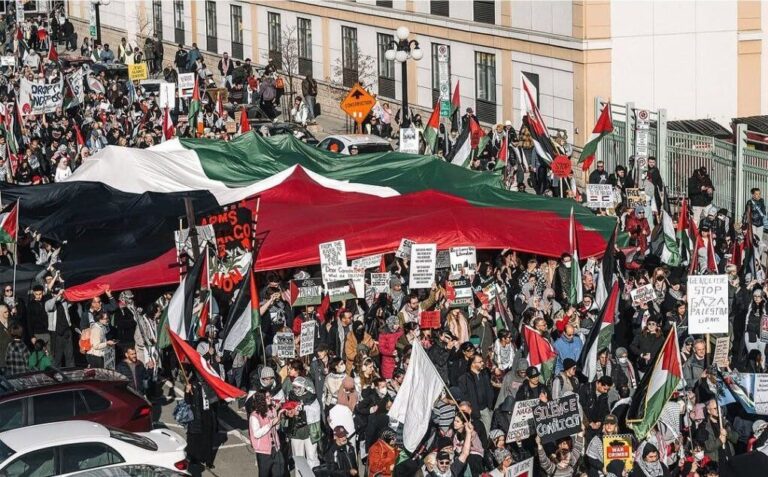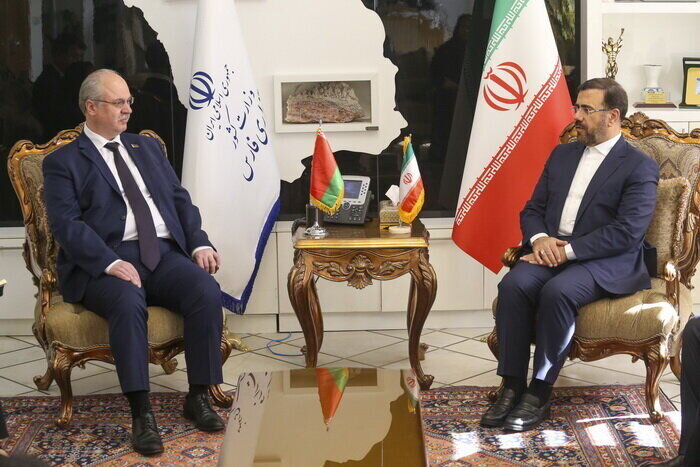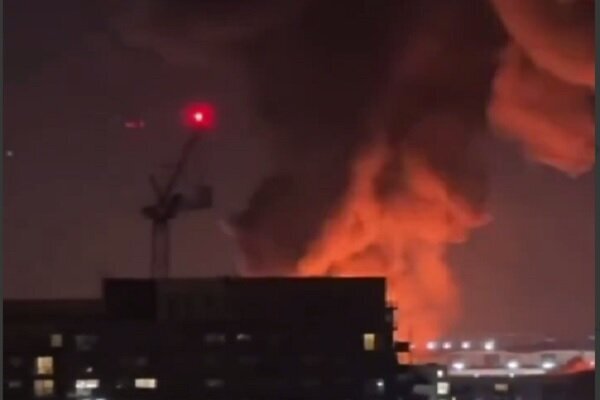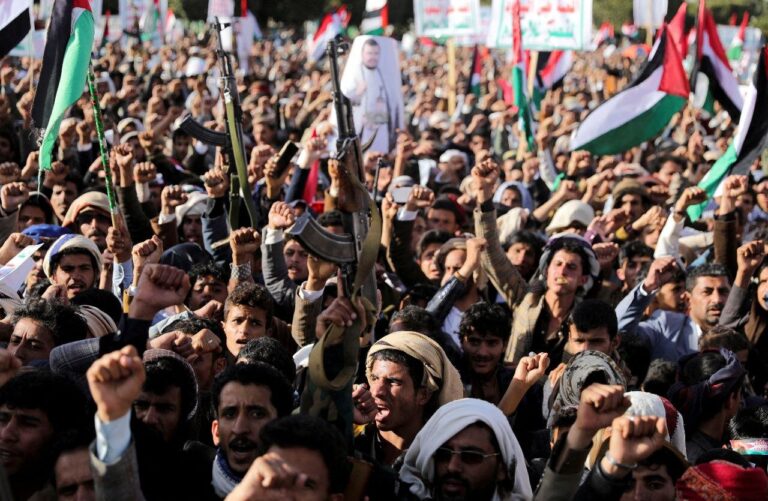Global Inaction: A Disastrous Failure in Gaza’s Crisis Response
Gaza humanitarian crisis has escalated dramatically since March 2, 2015, as the Israeli regime continues to block essential supplies such as food, water, and medicine from entering the region. This dire situation has unfolded under the gaze of a world that seems to be merely a spectator, raising pressing questions about global accountability and action.
It is difficult to comprehend the sheer magnitude of suffering occurring in Gaza, yet it persists, largely unaddressed by global leaders. How can the international community justify its inaction in light of such blatant cruelty exhibited by the Israeli government? The implications of this negligence will resonate through future generations, who will undoubtedly question how the world stood by while such abhorrent acts were committed.
The haunting scenes emerging from Gaza—children crying for food, families mourning over the loss of loved ones—are not just images; they are a striking indictment of humanity’s failure. These visuals will echo in the memories of current and future generations, serving as a reminder of our collective indifference.
- Desperate Children: Images of weeping children scrambling for meager food portions distributed by charities highlight the utter despair faced by the population.
- Mourning Families: The grief of parents lamenting over the bodies of their mutilated children is a stark reminder of the human cost of this conflict.
- Global Inaction: Future generations will question the world’s inability to intervene against the relentless brutality inflicted by Israel’s leadership.
These scenes are not merely statistics but powerful narratives that will continue to haunt the global conscience. Questions will linger: Why was the world unable to halt these atrocities? Did global leaders lack the necessary tools or resolve to intervene decisively?
Shockingly, many university students who have spoken out against the humanitarian tragedy in Gaza have faced accusations of anti-Semitism and pro-Palestinian sentiments. In response, some universities have significantly reduced their budgets, and protest leaders have been expelled. This punitive response raises concerns about the suppression of free speech and the moral obligation to advocate for human rights.
The conflict in Gaza transcends a simple narrative of Muslim versus Jewish. A significant number of Jewish individuals oppose the violent actions perpetrated against the Palestinian people. Instead, Gaza has emerged as a symbol of a profound human tragedy that calls for collective action and empathy.
Only those in power, whether they claim to represent Jewish interests or are complicit Western leaders supplying arms to Israel, can be held accountable for the egregious violence inflicted upon innocent civilians. The international community must grapple with its shame in failing to create mechanisms that effectively prevent such horrific acts and hold accountable those who lead them, such as Israeli Prime Minister Bibi Netanyahu and his associates.
The Western world must reassess its discourse surrounding human rights, human dignity, and the protection of civilians amidst armed conflict. Empty rhetoric will no longer suffice in the face of such overwhelming evidence of suffering.
As the situation in Gaza continues to deteriorate, it is imperative for global citizens to remain informed and engaged. The following steps can be taken to promote awareness and advocacy:
- Educate Yourself: Understand the historical context of the Gaza conflict and its implications on human rights.
- Speak Out: Use social media and other platforms to raise awareness about the humanitarian crisis.
- Support NGOs: Contribute to organizations working on the ground to provide aid and relief to the affected populations.
- Engage with Local Leaders: Encourage local and national representatives to take action and hold those responsible for atrocities accountable.
In conclusion, the humanitarian crisis in Gaza demands urgent attention and action from the international community. As the world grapples with the implications of its inaction, it is crucial that we advocate for justice and support the rights of those suffering in silence. The future of Gaza—and indeed, the moral standing of the global community—depends on our collective response to this ongoing tragedy.
